Louisa Nie, senior development manager at Grosvenor Britain & Ireland, on how she got started in property, the challenges she has overcome, her advice for young people and her cultural recommendations.
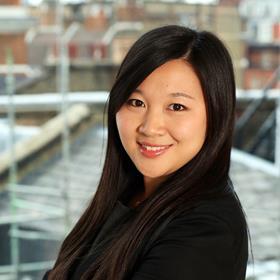
What does your job entail?
I’m part of Grosvenor Britain & Ireland’s strategic land team, which delivers large-scale new communities outside London, acting as a master developer. One of my main projects is Barton Park, an 885-home community we’re bringing forward with Oxford City Council. I oversee build-out and lead our day-to-day engagement with the council and the housebuilders we’re working with on site.
How did you join the property industry?
Out of university, my first job was in banking, working on asset liability management. As interesting as it was, I realised I wanted a career where the results are more tangible – where you can see the difference you’re making to people’s lives. I applied for the graduate scheme at Grosvenor and the rest is history!
What do you like most about the property industry?
The property industry is at the forefront of addressing some of today’s biggest challenges. We’re doing something that matters and I enjoy working with like-minded people to tackle important issues such as affordability and the climate crisis.
And what do you dislike most about it?
Our own research has shown the widespread mistrust that exists between the public and developers. We’ve got to work harder on this as an industry, to engage communities and listen to what matters to them. We need to show the benefits of development, and if something can’t be delivered within a scheme, we should be open about why that’s the case.
What barriers or challenges have you overcome?
After the financial crisis, I was working in asset management for a regional shopping centre. Like now, it was a challenging time for retailers and we had to be inventive – bringing in pop-up shops, backing entrepreneurs, exploring different leasing models – to generate interest and footfall. It taught me resilience and how to respond to, rather than resist, macroeconomic changes.
What are you most proud of in your career?
I was part of the Grosvenor team working on the Southampton Arts Complex (now known as Studio 144), a project to turn an old department-store site into a new cultural hub including a theatre, a modern art gallery, and new restaurants and homes. It was an amazing experience and really set the tone for the regeneration of the city’s cultural quarter.
What advice would you give someone starting a career in the property industry?
Be curious and keep an open mind. The best people in property are searchers, constantly looking out for changes in the way people want to live. You need to keep asking questions and thinking about the next big change – the one that will shape how we live in 20 years’ time.
What do you want to change about the property industry?
I’d like to see more urgency regarding climate change. I’m proud of Grosvenor’s work to lead on this with our ‘Think Zero’ carbon pathway. We have to set targets and work with the whole supply chain to pioneer new ways of reducing carbon emissions.



























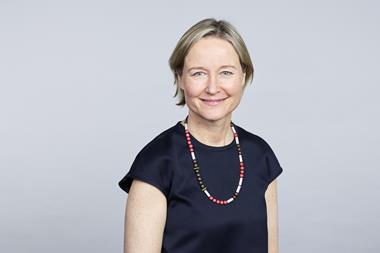
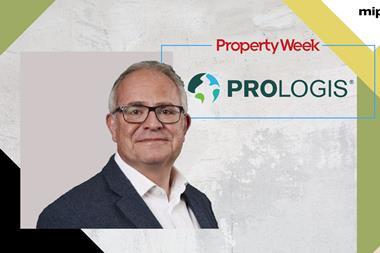
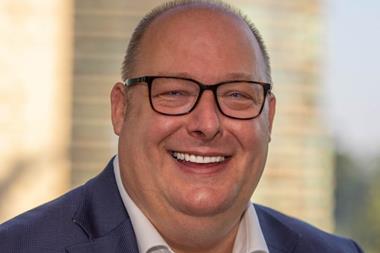
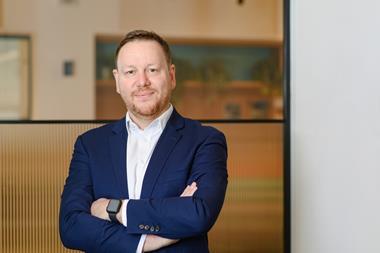

No comments yet